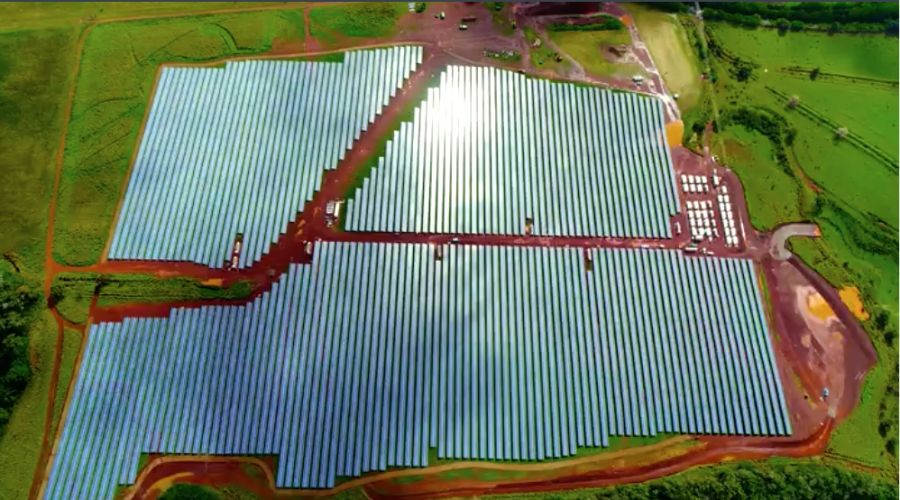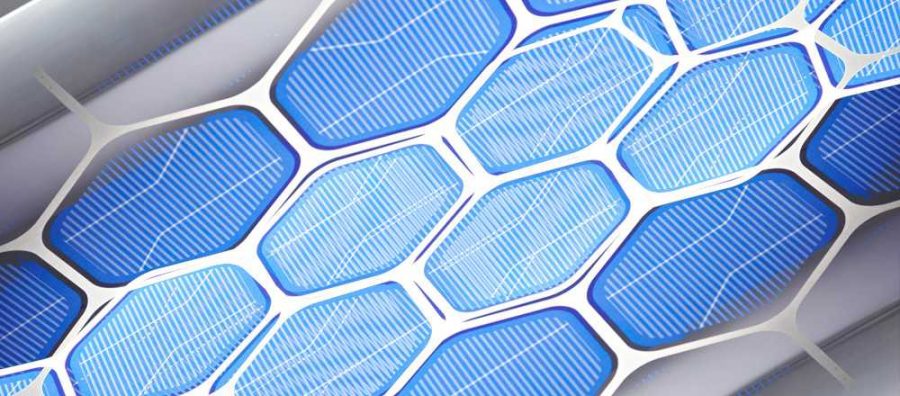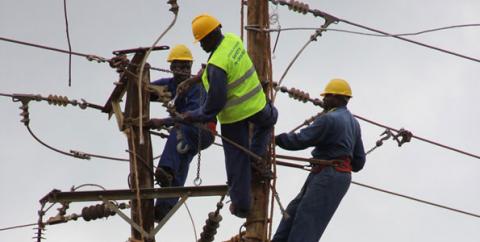In the last quarter of 2016, Nigeria
Category: Solar Energy News
Solar energy will reduce your monthly electricity bill by over 75%. Electricity tariff may rise in July as the Federal Government considers options to revive the ailing power sector by injecting $7.6 billion (about N2.4 trillion) in five years.
The details are contained in the Power Sector Recovery Plan (PSRP), a document formulated in March by the Office of the Vice President and the World Bank Group (WBG). The Working Group for the implementation is being coordinated by the SSA to the President on Power at the Office of the VP, Damilola Ogunbiyi, and the Lead Energy Specialist at WBG, Kyran O
Energy Mix can end darkness tariff in Nigeria says Experts. Deregulation has not in any way improve power supply in Nigeria. Over the years, the electricity sector has dabbled with methods of delivering the best services to the end-user through sector deregulation. Although this has been a rather slow
Kenya: New law forces property developers to install solar panels
If someone told you that it was possible to fuel the world entirely with
Saving lives in Sierra Leone

You may recall that Matthijs wrote a blog, late last year, about building an unattended battery based energy system
Tesla will power the Hawaiian island of Kauai with solar panels and its giant battery packs.

Tesla officially unveiled the project Wednesday morning in Kauai following opening remarks by CTO JB Straubel and David Ige, governor of Hawaii. Tesla partnered with the Kauai Island Utility Cooperative (KIUC) to launch the project.
The solar farm is composed of 54,978 solar panels with 13 megawatts of solar generation capacity. Tesla has also installed 272 of its large commercial battery,
Solar -powered electric bus that’s making people rethink the possibilities in the country has been unveiled by


